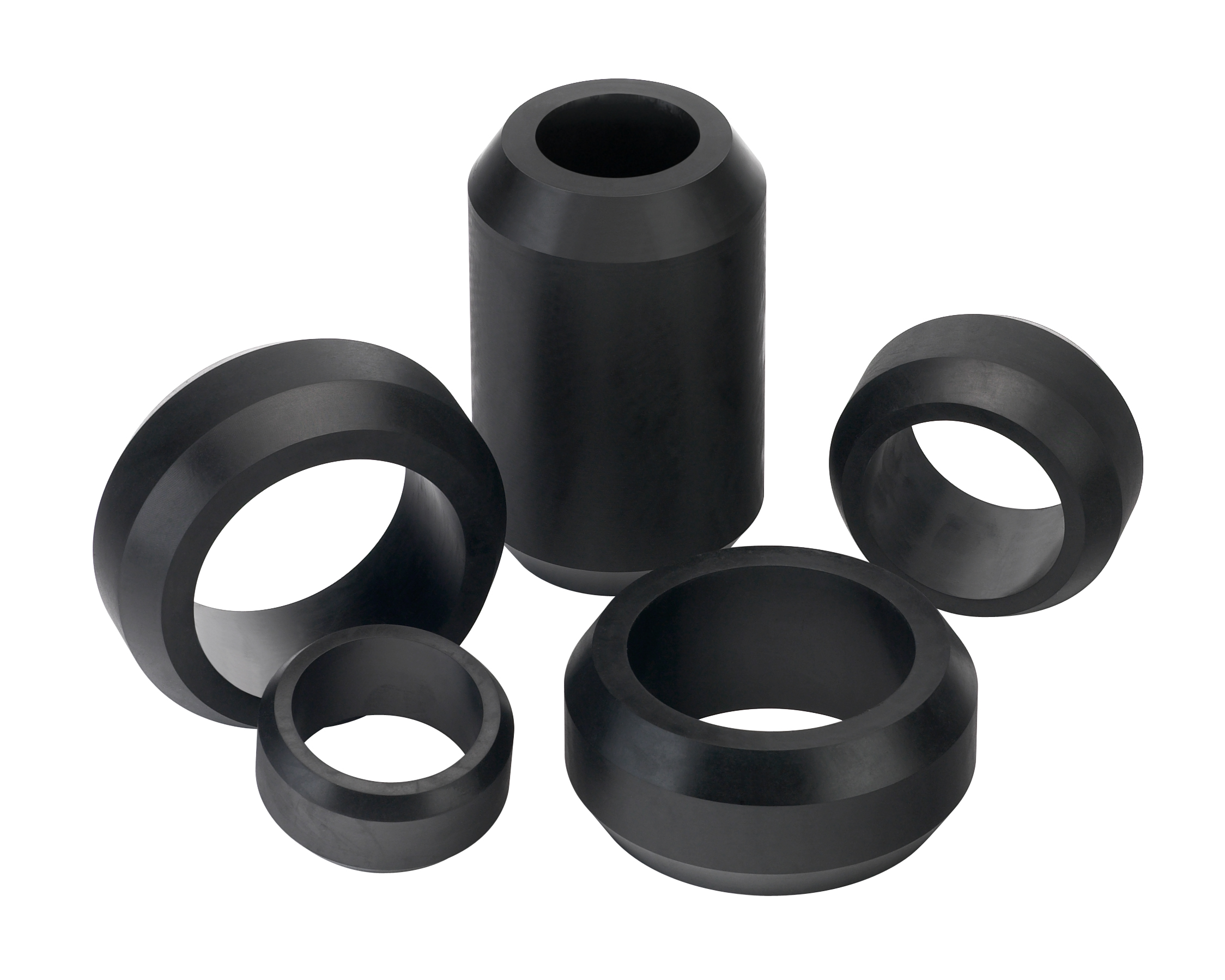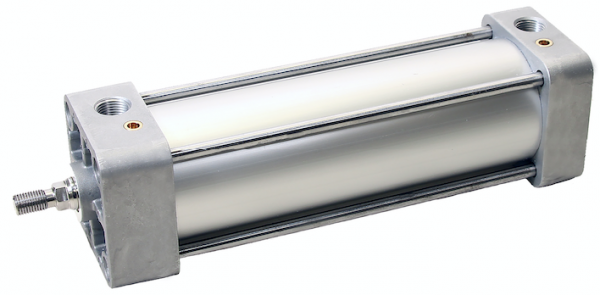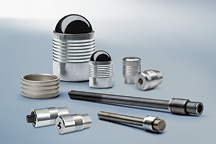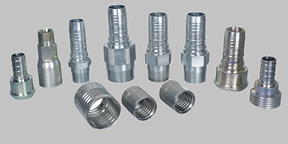This Week at OTC: Parker Highlights Degradable Materials
 At this week’s Offshore Technology Conference in Houston, running until Thursday, Parker Hannifin’s O-Ring & Engineered Seals Division features degradable solutions for oil and gas operations. Parker’s ZP203-80 and the ZP204 degradable elastomer compounds eliminate the need for coiled tubing intervention, or drill out, when used as a sealing element in oil and gas completions.
At this week’s Offshore Technology Conference in Houston, running until Thursday, Parker Hannifin’s O-Ring & Engineered Seals Division features degradable solutions for oil and gas operations. Parker’s ZP203-80 and the ZP204 degradable elastomer compounds eliminate the need for coiled tubing intervention, or drill out, when used as a sealing element in oil and gas completions.
Degradable materials are used in oil and gas operations to create high pressures in hydraulically fractured wells. They can minimize well intervention by keeping wells flowing and preventing blockages. These materials can withstand the high pressures and temperatures that are experienced during an application, and then they gradually break down into tiny particles that do not need to be recovered. Due to this natural degradation, degradable elastomer compounds save considerable time and reduce costs.

The ZP203 and ZP204 compounds are formulated to offer the tough physical properties that are required for sealing pressures up to 10,000 psi during hydraulic fracturing operations. When hydraulic frac is complete, the unique compound degradation is activated by the water-based frac fluids to allow breakdown into flowable, nonclogging particulates, providing multiple benefits to the end user. Degradation can be on the scale of days to weeks, depending on temperature, but is not greatly affected by wide range of salinities.
Thermoplastic elastomers have consistent high-tensile strength and elongations for ambient and elevated temperatures. These provide customers with consistent performance over a wide range of temperatures. Parker’s ZP203 and ZP204 are formulated for an ideal working temperature range of 130°F to 180°F but can be used outside of these if a wider range of degradation time is acceptable.
In particular, Parker’s ZP203 and ZP204 degradable elastomer compounds feature:
- 80 and 90 shore A hardness
- 10ksi pressure capability
- Temperature range of 130°F to 180°F
- Elastomeric resilience
- Water-activated degradation
- Tolerance of a wide range of salinities
For more information, visit www.parker.com/oes or www.parkerorings.com.







